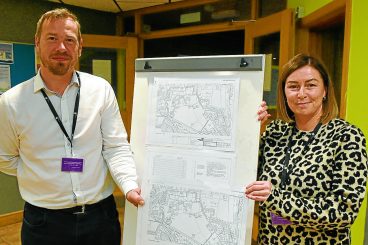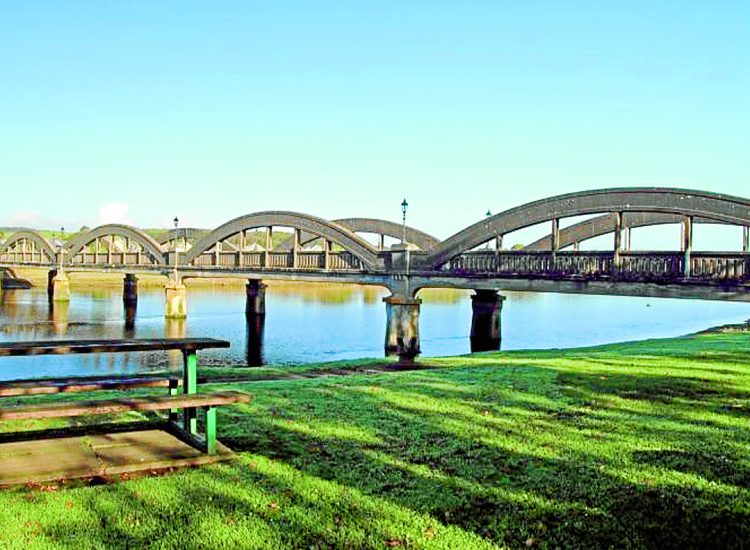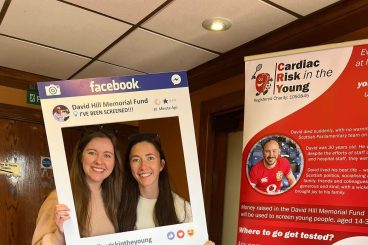ASSUME your data was hacked- that is the chilling warning from health bosses to everyone in the region.
NHS Dumfries and Galloway chief executive Julie White has contacted every household locally to update them on the cyber attack in February this year – and what they can do to stay safe online.
And she is asking patients to ‘assume’ that at least some data relating to them has been published.
The official leaflet will reach households across the region over the course of this week, and is also available online at nhsdg.co.uk/cyberattack.
It includes the letter from Ms White and a list of frequently-asked questions.
In it, she says: “We are advising people in Dumfries and Galloway that the most sensible approach to take is to assume that some data relating to you is likely to have been copied and published.”
Staff and patients are potentially at risk as a result of the data theft, she continues – but a few simple precautions will help them stay safe.
Julie White added: “Since the cyber attack, we have been asking both staff and the public to be on their guard for any suspicious activity. This includes any attempts to access computer systems, such as suspicious emails from an unverified sender asking them to click a link (known as ‘phishing’), as well as phone calls. If anyone has suspicions, they should call Police Scotland by phoning 101.”
During the attack, criminals illegally copied large numbers of files held on NHS Dumfries and Galloway’s servers. While patient medical records were not affected, many other documents, such as patient letters, test results, and X-rays, were copied, and later released on the internet.
The health board has since put precautions in place to protect against other similar attacks, and continues to work with Police Scotland and other government agencies to support their investigation.
More information about the incident, and details about where to find help and advice, are online at nhsdg.co.uk/cyberattack
























